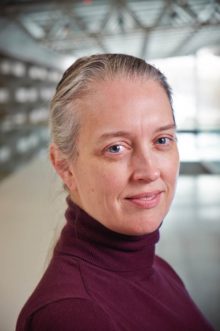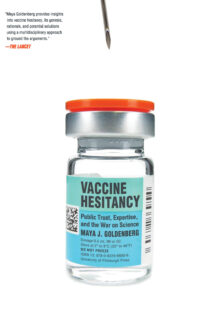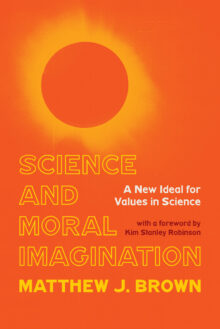Science, Values, and the Public
For much of the twentieth century, the interaction between science and society was governed by the linear model (pure science first, then applied science, then societal benefits), the value-free ideal (only epistemic values should be part of the justification of scientific claims), and the deficit model (the public disagrees with scientists only because they do not understand science)—particularly in Western democracies. Each of these models for how science should relate to society has been declared dead as a universal model in recent years, but we have not yet settled on alternative models of how science should function in societies—on how the science-society relationship should be conceived, structured, and governed. We have not yet rewritten the social contract for science.
As both democracy and scientific expertise come under increasing strain, we need new ideas about how to understand and to best realize the proper relationship between science, values, and the public. This book series will explore such ideas, drawing from the interdisciplinary efforts of philosophers, historians, social scientists, science and technology studies scholars, political theorists, and other humanists. It will present constructive accounts for how we should think about and govern the relationships that shape science in complex, pluralist, democratic societies.
Specific points of focus include:
- science communication, education, funding, advising, and commercialization
- public scientific controversies
- public engagement with science
- the responsibilities of scientists
- the relationship between science and particular publics
- science and social justice (including race, gender, and decolonial issues)
We invite proposals for monographs as well as edited collections, from new and experienced scholars. Please see the submission guidelines, and be sure to let us know why you think your work is a good fit for this series.
Acquiring Editor: Abby McAllister
Editorial Board:
- Justin B. Biddle (Georgia Institute of Technology)
- Mark B. Brown (California State University, Sacramento)
- Matthew J. Brown (Southern Illinois University)
- Deborah R. Coen (Yale University)
- Baruch Fischhoff (Carnegie Mellon University)
- Maya J. Goldenberg (University of Guelph)
- David H. Guston (Arizona State University)
- Shobita Parthasarathy (University of Michigan)
- Elizabeth Suhay (American University)
- Kyle Whyte (University of Michigan)
- Torsten Wilholt (Leibniz Universität Hannover)
Series Editor
Heather E. Douglas
Heather E. Douglas is an associate professor in the Department of Philosophy at Michigan State University. She received her PhD from the History and Philosophy of Science Department at the University of Pittsburgh in 1998 and has held tenure-line positions since then at the University of Puget Sound, the University of Tennessee, and the University of Waterloo. She is the author of Science, Policy, and the Value-Free Ideal, as well as numerous articles on values in science, the moral responsibilities of scientists, and the role of science in democratic societies. Her work has been supported by the National Science Foundation. In 2016 she was named a fellow of the AAAS. She is editor of the book series Science, Values, and the Public.





